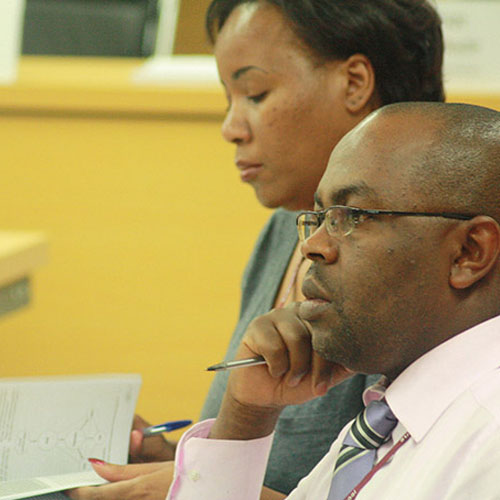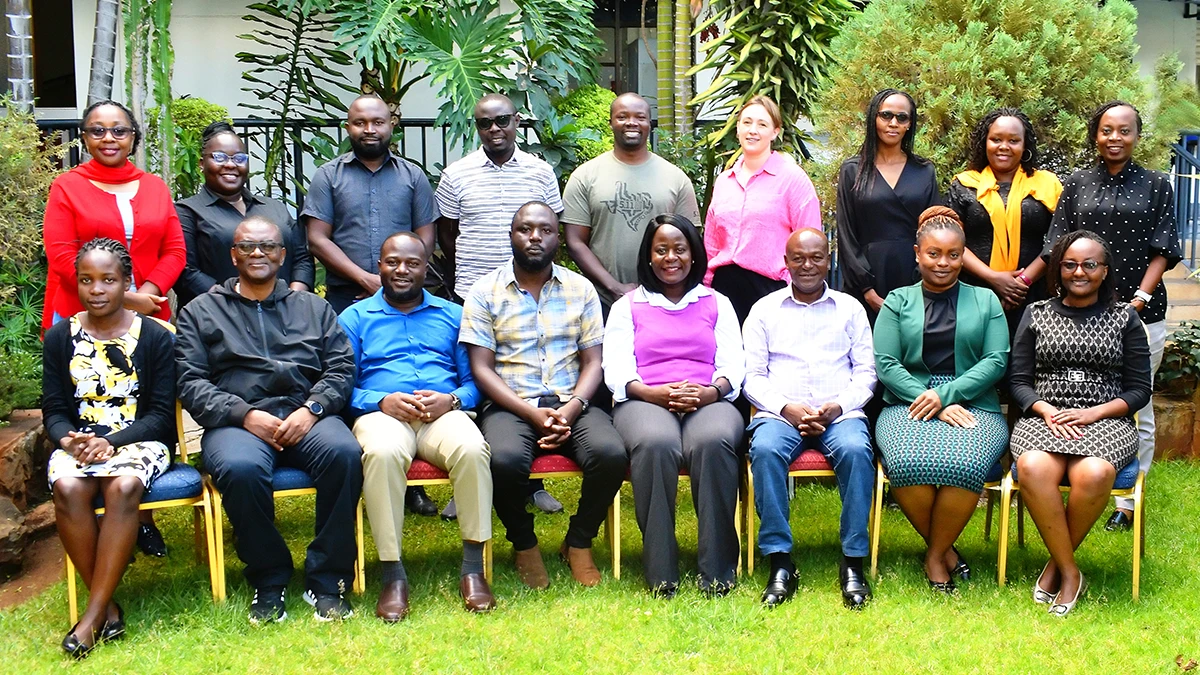Strathmore Institute for Public Policy and Governance
About the Institute
The Institute of Public Policy and Governance (SIPPG), formerly the Centre for Public Policy and competiveness, was set up in 2011 in context of Kenya and New Constitution to act as an avenue for generating and channeling Strathmore Business School’s research output to society and to the economy.
With an expanded mandate, the Centre transformed into the Strathmore Institute of Public Policy and Governance (SIPPG) to serve the region in a better way. The Institute seeks to promote Interdisciplinary Policy Research, documentation of generated knowledge, translation and dissemination of research finding to society and building a community of thinkers through the MPPM student body.
The Institute has collaborative research agenda with the Institute for Strategy and Competitiveness at the Harvard Business School, guided by the current national and regional drive to create a region able to compete against the best in the world.
These organisations are our key partners: Harvard Kennedy School of Government, Stellenbosch University, Johns Hopkins University, University of St. Gallen (Switzerland) and Navarra Center for International Development, (University of Navarra, Spain)
Our Programmes
Research
Impact Investing Research
In 2012 the Rockefeller Foundation awarded the Strathmore Business School a grant to conduct research on the policy framework for Impact Investing in Kenya and by extension the East African region. The purpose of this research was to inform on the situation in the country and not to advocate for any particular action with regard to impact investing.
It was exploratory and sought to ensure that the policy environment of impact investing in Kenya is adequately captured and reported through facts and data.
Objectives of this research
The general objective of this study was to explore the policy environment on Impact Investing with a particular reference to Kenya. The specific objectives of this project were:
- To carry out a definitional exercise to outline the parameters of impact investing with particular reference to the Kenyan context.
- To carry out an analysis of the social and environmental challenges in Kenya that can be addressed through Impact Investing.
- To assess the existing policy framework and its ability or inability to offer a conducive environment for the success of impact investments.
- To make recommendations on what needs to be done to improve/strengthen the current policy framework to support impact investing.
- To convene key policy makers and other key stakeholders to stimulate debate on the potential for impact investing to address social and environmental challenges in Kenya.










